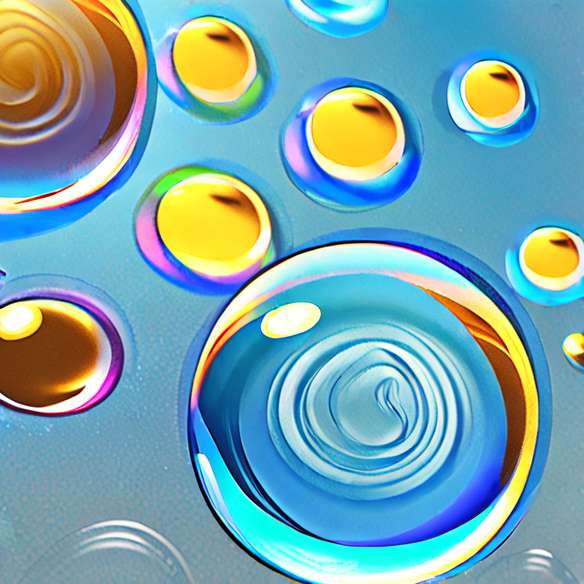Is molecular cuisine still in fashion?

Molecular cooking is a modern form of cooking. But it is originally a new scientific discipline called molecular gastronomy. We study the functioning of molecules and we see how they interact with each other during culinary experiments. For example, to modify the appearance of a preparation, an additive is used such as agar agar which will allow gelation, sodium alginate will make it possible to make spheres and soy lecithin is useful to achieve a emulsion.
Thanks to these new products, we create receipts of dishes or desserts Originals playing on textures, colors, shapes and even tastes (steaming meringue, grenadine caviar, chocolate mousse without egg ...). Some great chefs are inspired by Pierre Gagnaire, Denis Martin or Marc Veyrat. Others like the Spanish chef Adrià Ferran speaks of a "creative avant-garde" cuisine.
But kitchens, too, have modernized. Microwave, induction hobs, frosted girls, rotary evaporator, siphons, the list is long and the chefs take advantage of it. Thierry Marx opened, a year ago, a school in Paris around the molecular cuisine. "I study the structure of a product, I deconstruct it, rebuild it, I do not play the little chemist". Oh? what is it then?
The soufflé falls
Molecular cuisine raises many questions. We are far from the kitchen market Paul Bocuse (published in 1976). And even if the techniques evolve with the technologies, they do not replace the traditions. Liquid nitrogen will bring nothing to the taste of a food, apart from its aesthetic appearance. Molecular gastronomy benefits the agri-food industry (fight against allergies) because it is a science. But cooking will remain the fad of some chefs.








